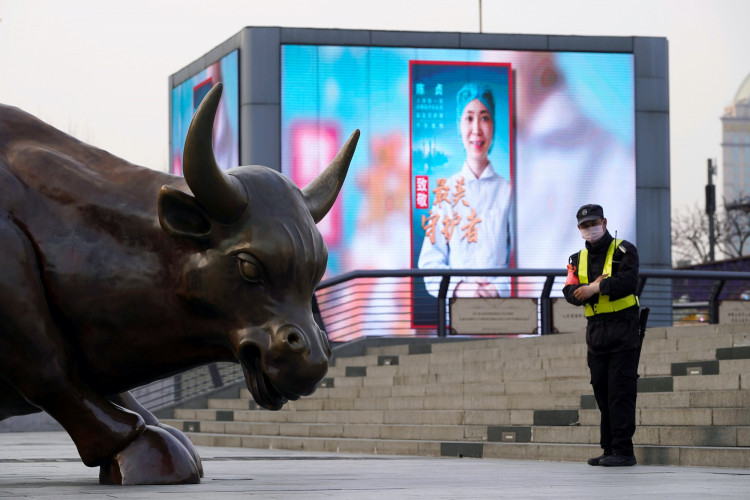Reuters - The share prices of 18 companies rose on their ChiNext debut Monday - kicking off a historic reform that will see Shenzhen officially challenge Shanghai for technology listings while adding fuel to a "technology war" with the U.S.
Investors piled into the first batch of companies that listed on Shenzhen's technology-focused startup board under a streamlined system for initial public offerings that will help make the process less bureaucratic. Trading restrictions will also be loosened.
The biggest gainer among them was motor-vehicle cable maker Ningbo KBE Electrical Technology Co.. Its share price rose more than 500 percent in morning trading.
But with more than 800 ChiNext-listed companies trading at roughly 60 times earnings on average - compared with 38 for the Nasdaq - some market watchers warn of bubble risks.
"The ChiNext reform is a significant part of China's grand competition strategy with the U.S.," head of research at BOCOM International Hao Hong said.
But describing ChiNext as "a venue for speculation," Hong said that "falling stock prices, instead of rising, should be the sign of whether such market reform is successful."
China's top securities regulator Yi Huiman said Monday regulators would have "zero tolerance" toward market misbehaviors but would not interfere with normal trading activities.
The 18 companies listed Monday included Contec Medical Systems Co., which jumped nearly 500 percent in morning trading, and Chengdu Dahongli Machinery Co. which was up about 200 percent.
Based on Shanghai's year-old STAR Market, the broadening IPO reform will help strengthen the appeal of China's capital markets at a time when China technology companies face growing U.S. scrutiny and risk of being delisted from U.S. markets.
Abrahman Zhang, chairman of Shenzhen China Europe Capital Co, said the IPO reform benefited China's venture capitalists who were finding it easier to raise tech-focused funds, and exit their investments via listings.
"Top policymakers are recognizing that venture capitalists help boost productivity, rather than seek arbitrage," Zhang said.
"One concern is that too much hot money is now chasing a limited number of quality companies in China."





